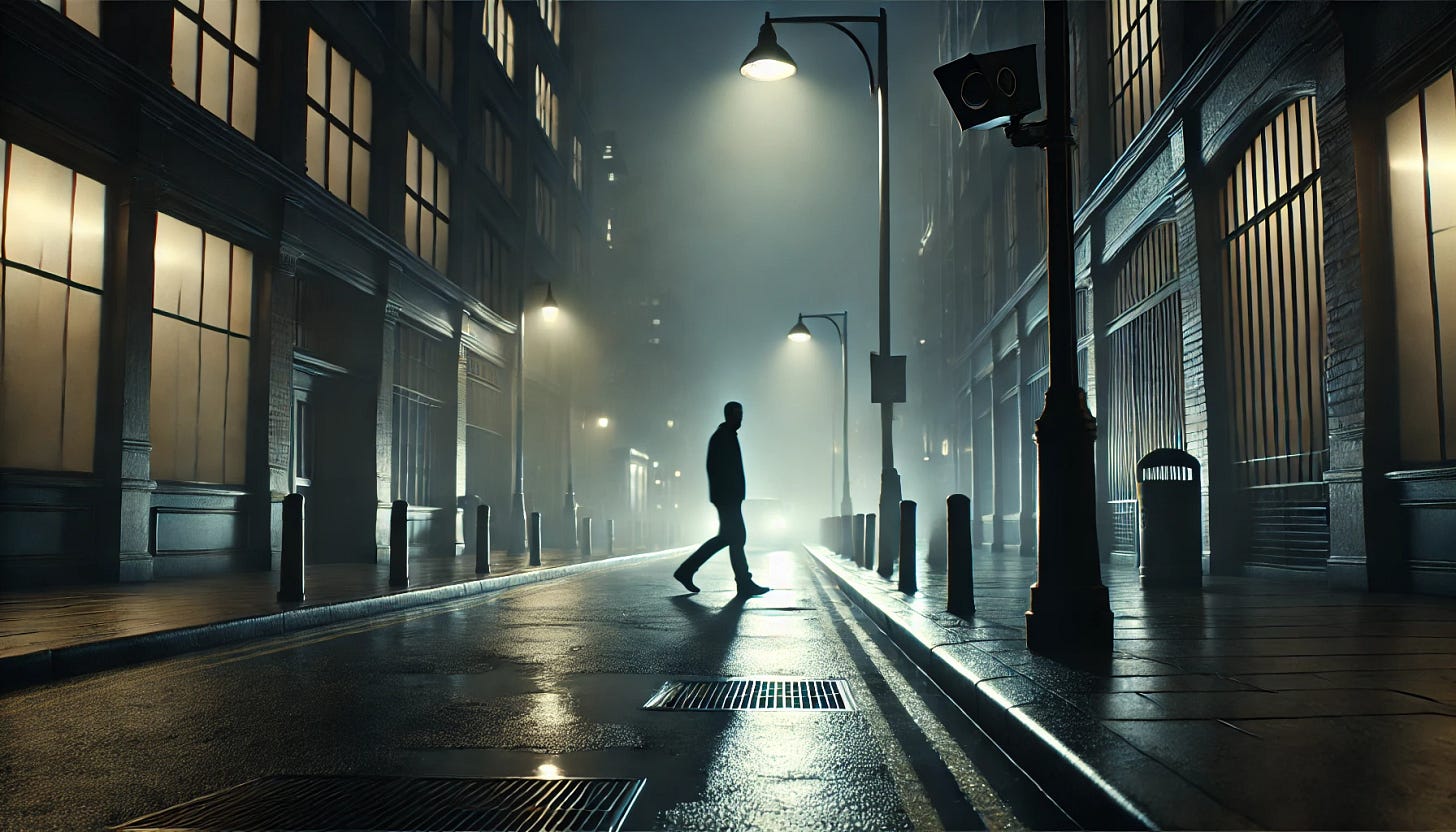AI is watching you – and by the time you care it will be too late
We used to think of surveillance as just CCTV cameras on street corners, recording grainy footage of passersby. But we are now entering an era where surveillance is ambient—millions of data points are collected about citizens every day, and the tools exist to bring them together into an intimate, real-time picture of our lives. AI-driven monitoring is no longer confined to government spy agencies; it is embedded in our supermarkets, our workplaces, our homes, and even our bodies.
And yet, most people don’t notice—or care—until the moment it’s too late.
We might think: this will never happen in a democratic society like mine…
…but history tells us otherwise. The greatest expansions of surveillance have always been ushered in under the guise of protection—against crime, against terrorism, against pandemics. And while these measures are often introduced as temporary, they don’t always stay that way.
Take the COVID-19 crisis. Under the banner of public health, governments around the world invoked emergency powers that would have been unthinkable in ordinary times (you could argue they were unthinkable at the time). In the UK, the Coronavirus Act 2020 granted sweeping powers that included effectively detention without trial for those suspected of being infected. In countries like Australia and Canada, harsh lockdown enforcement measures saw drone monitoring, mass data collection, and police crackdowns on dissent. We were told these measures were necessary—perhaps they were. But we were powerless against them.
The surveillance we don't see
Today, surveillance is expanding in ways that are invisible but deeply pervasive. A striking example: Morrisons, a major UK supermarket chain, has installed AI-powered cameras that track what items are missing from shelves. On the surface, it’s about stock management. But this technology doesn’t just ‘see’ missing products—it monitors everyone who moves through the store.
These systems can identify shopping patterns, track individuals over time, and, when combined with AI-powered facial recognition, potentially build a complete behavioural profile of every customer who enters. Now apply this same model to workplaces, public transport, online activity, and smart home devices, and the implications become staggering. Surveillance is no longer about watching crime happen—it’s about pre-emptively profiling people’s behaviour.
None of this matters though—until it does
For most people, this kind of ambient surveillance doesn’t register as a real concern. I’m not a criminal. I have nothing to hide. Why should I care?
Because the moment you do need to care, it will already be too late.
The point of an Invisible Panopticon is that it doesn’t feel oppressive—until the system flips. Governments don’t have to install new infrastructure to introduce authoritarian controls in a crisis. The tools are already in place. When the next emergency—whether political, economic, or environmental—arrives, the infrastructure for mass monitoring and enforcement won’t need to be built; it will only need to be activated.
Is it even possible to opt out?
While true privacy is becoming increasingly difficult, there are still ways to reduce your digital footprint:
Avoid biometric-based services – Facial recognition at airports, AI-based hiring tools, and even fingerprint-based authentication feed into centralised databases. Opt for alternatives where possible.
Use privacy-focused technology – Encrypted messaging apps (Signal, ProtonMail), VPNs, and decentralised platforms reduce exposure.
Minimise smart tech dependency – Every smart device—doorbells, fridges, TVs—feeds data into a surveillance ecosystem. Consider switching to non-smart alternatives.
Push for regulatory protections – Governments rarely limit surveillance voluntarily. Citizen advocacy and legal challenges are crucial in setting ethical AI boundaries.
The fundamental issue with invisible AI surveillance isn’t just who is watching—it’s who controls the watchers. If we let this infrastructure grow unchecked, we are not just giving up privacy. We are surrendering our ability to live in a world where we are not constantly observed, analysed, and controlled.
The time to question this is before the next emergency.


